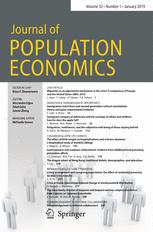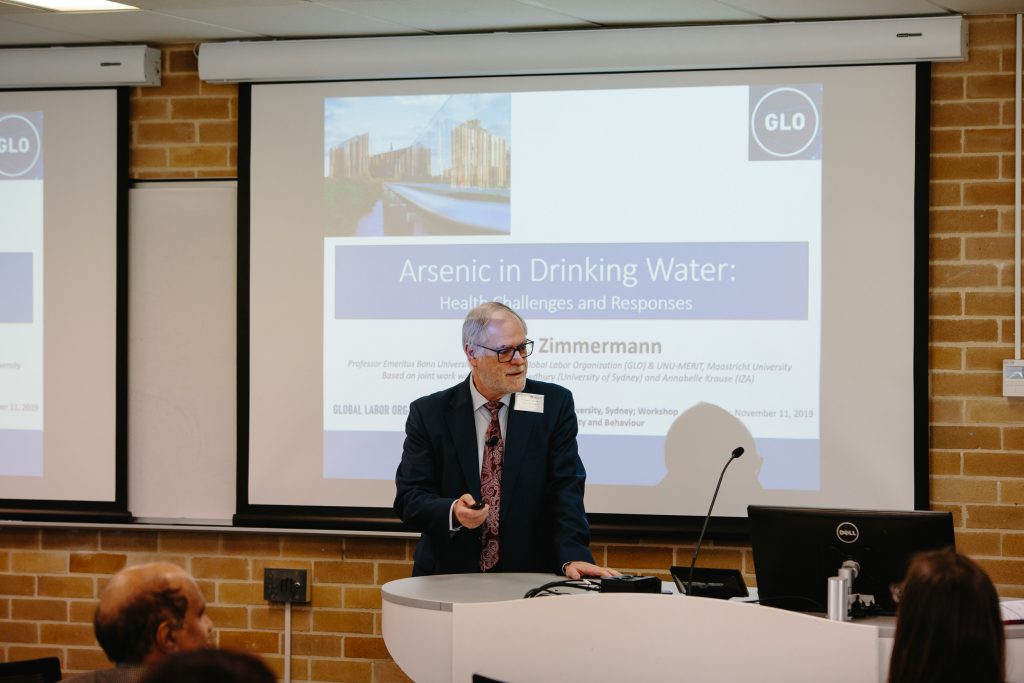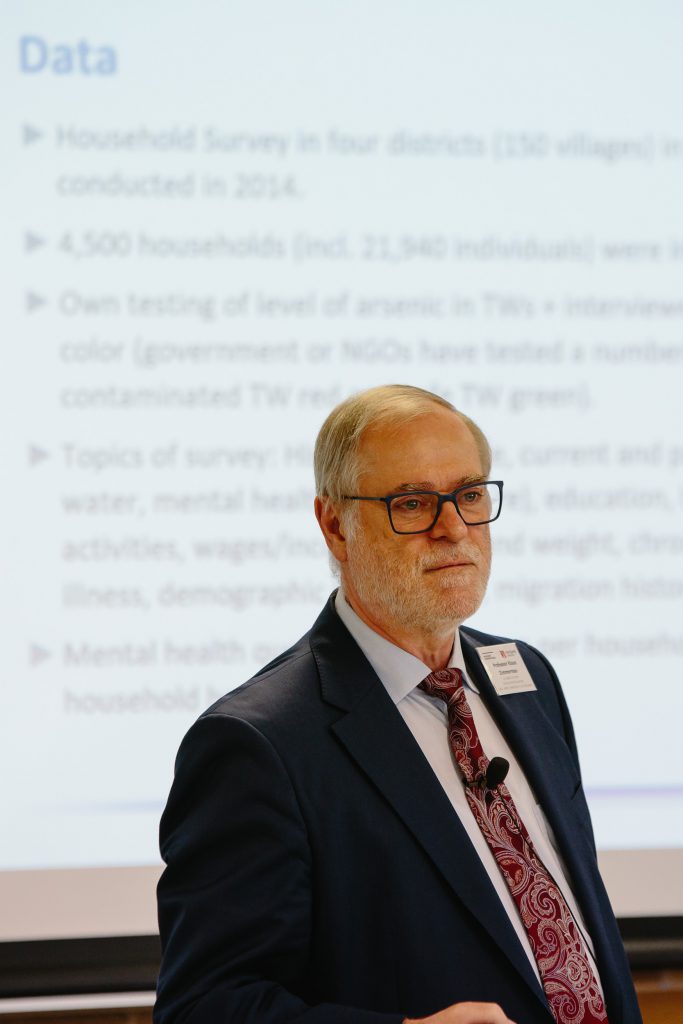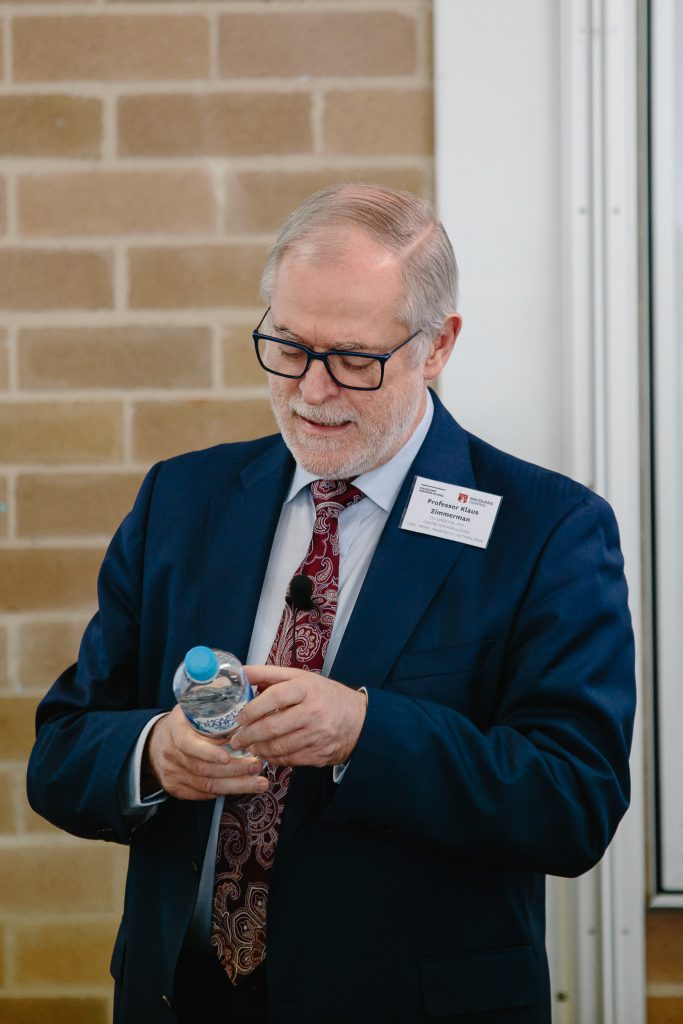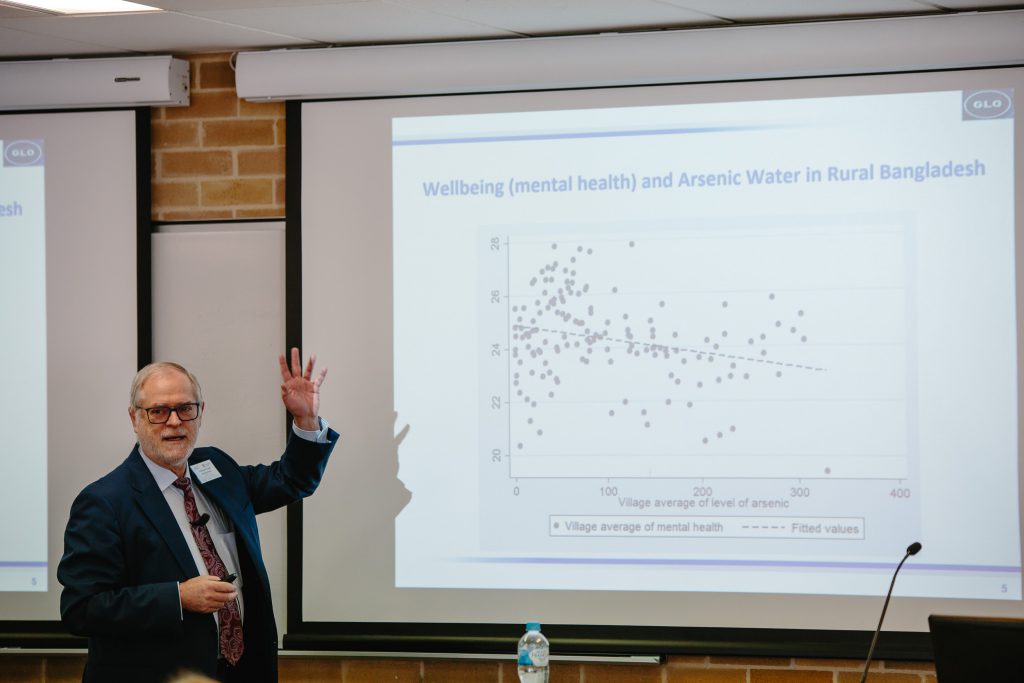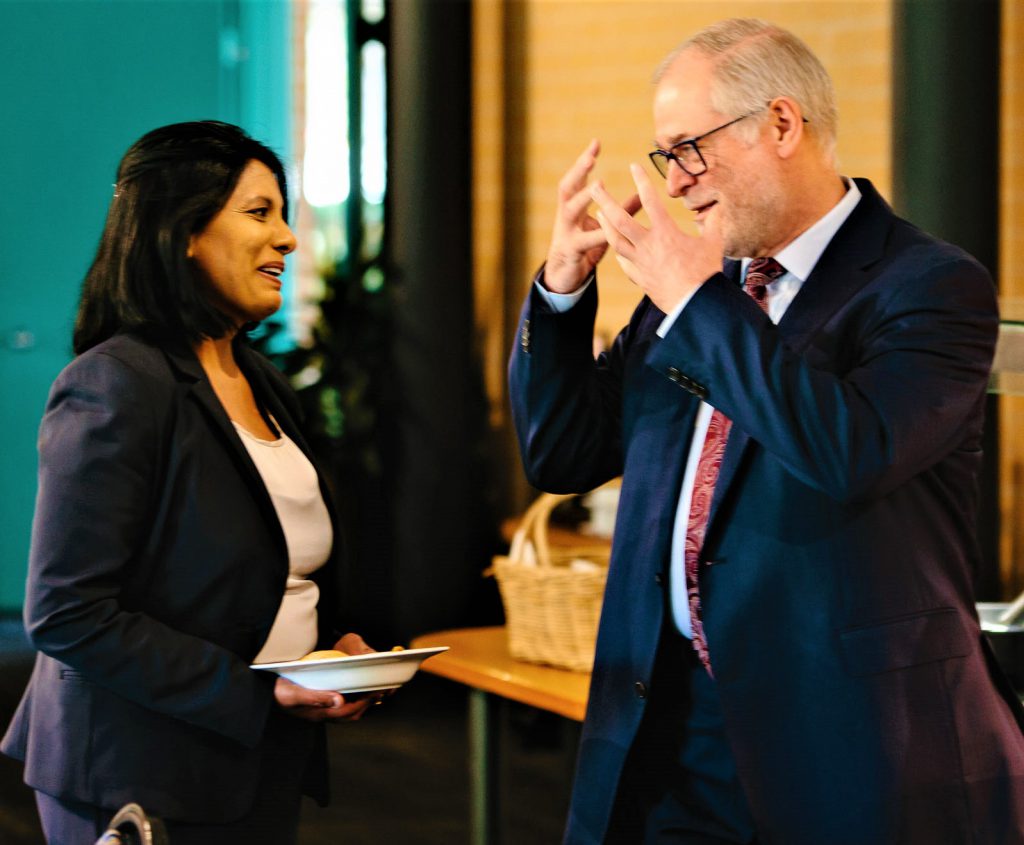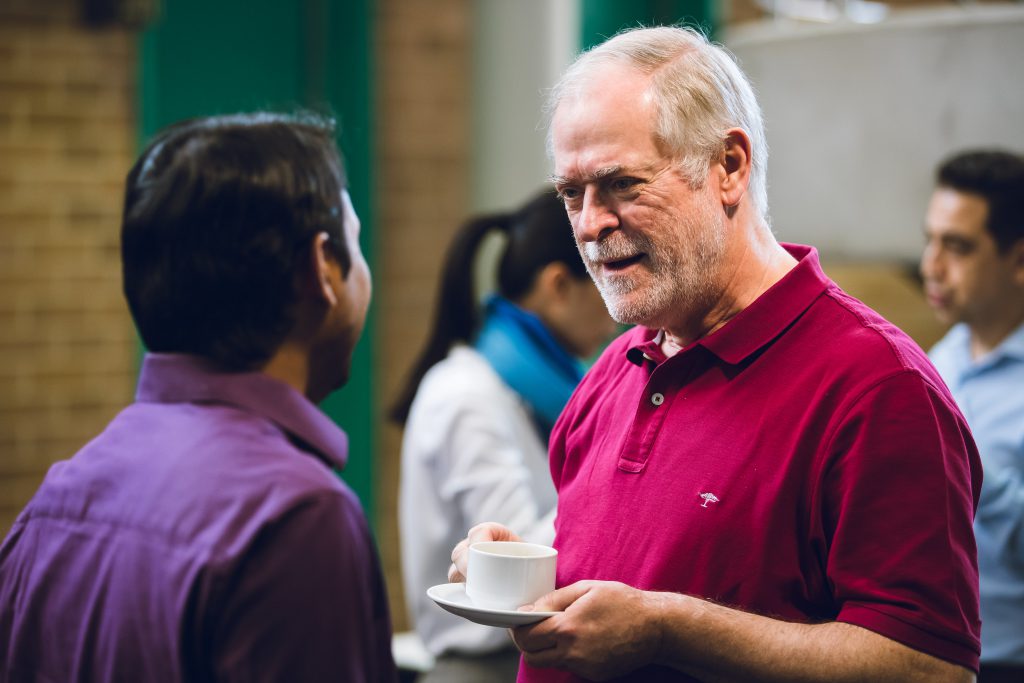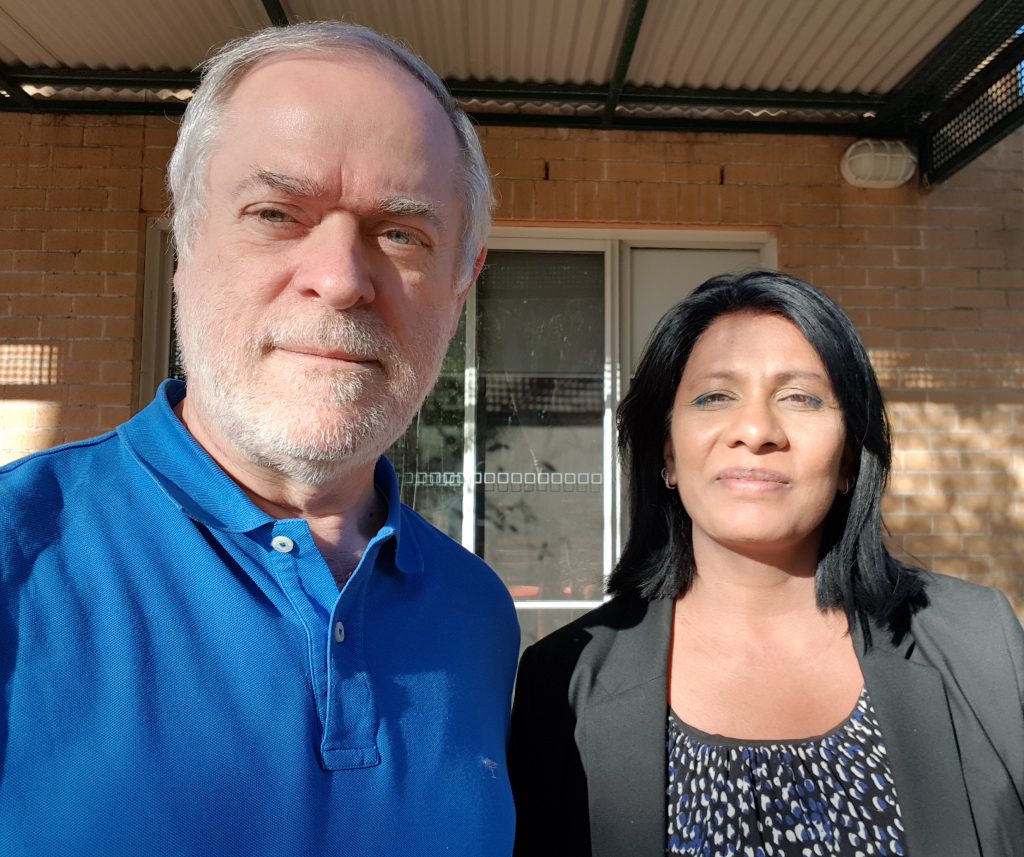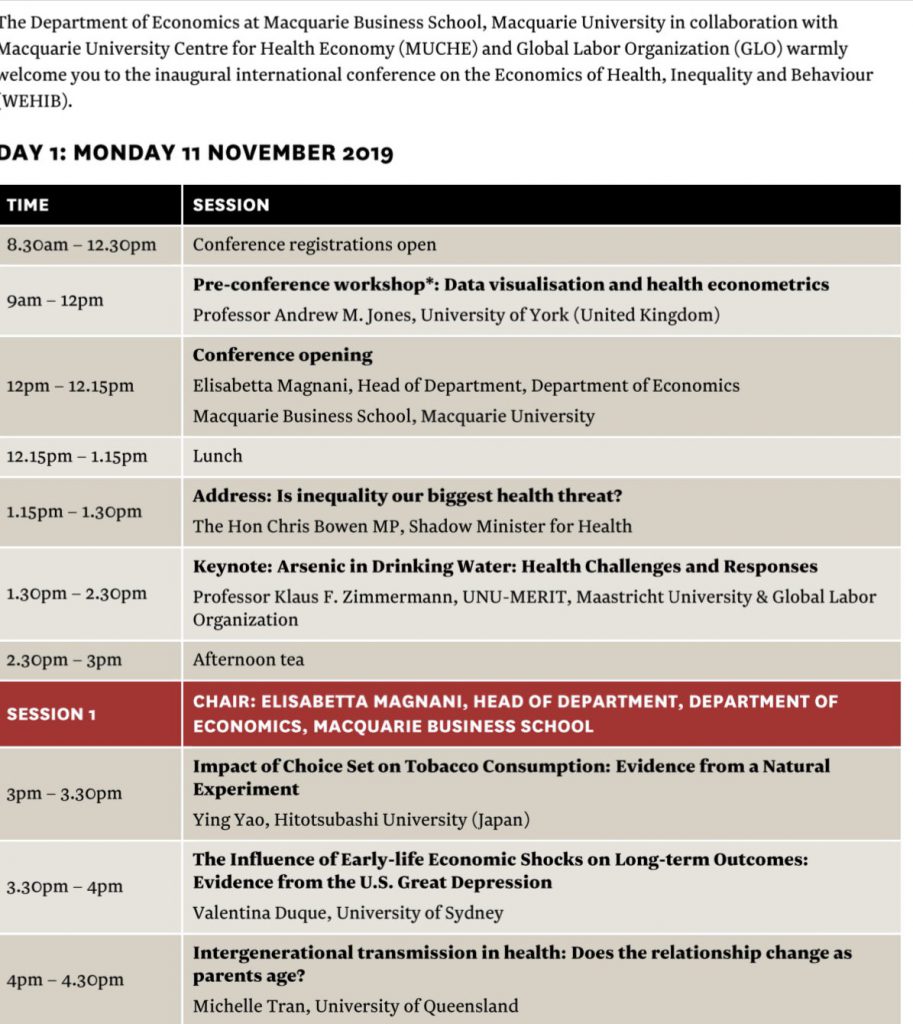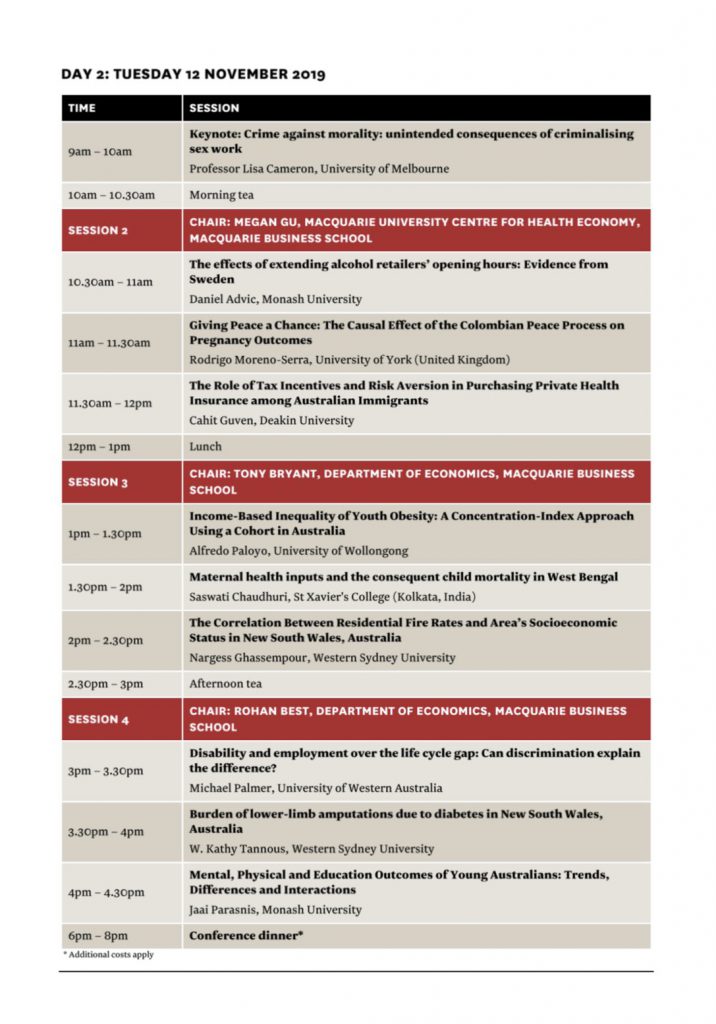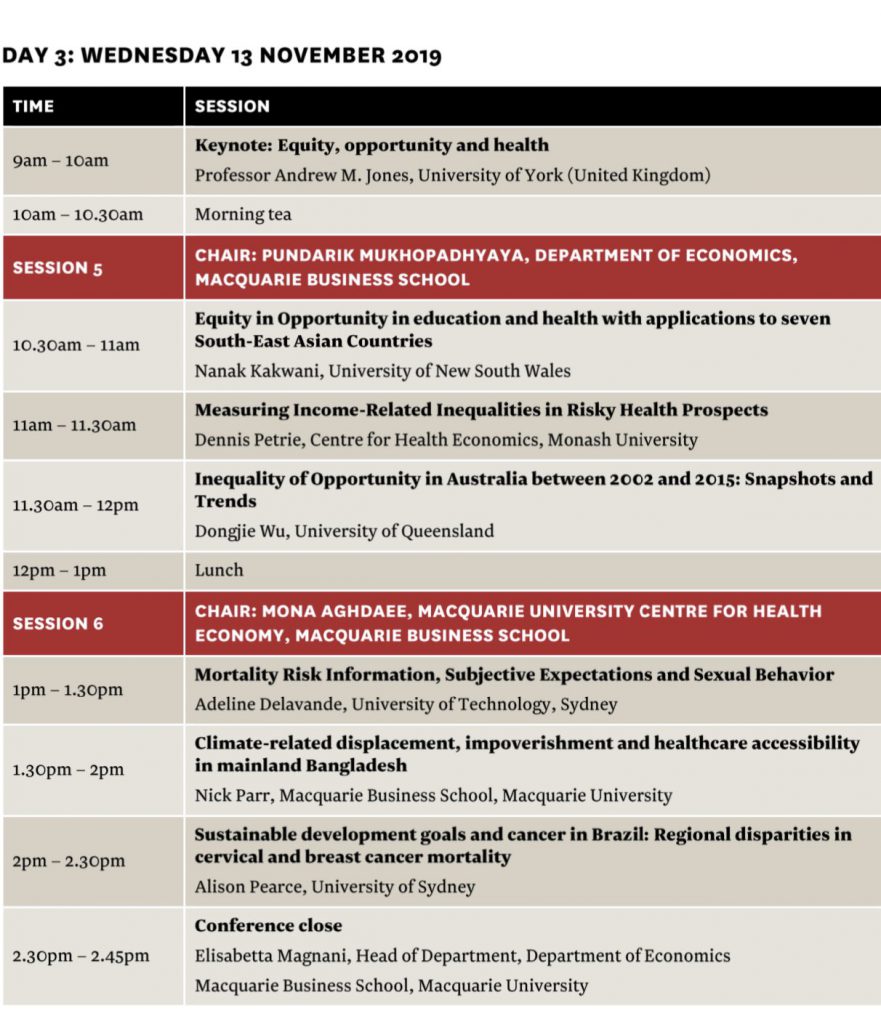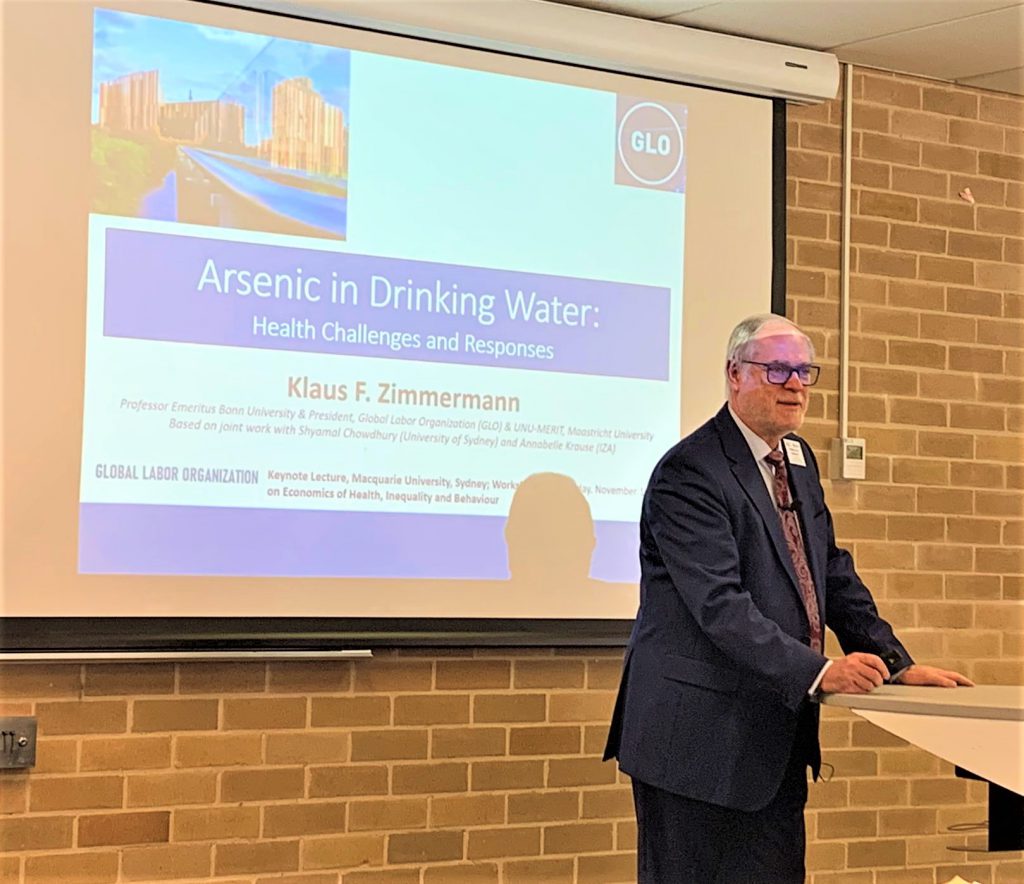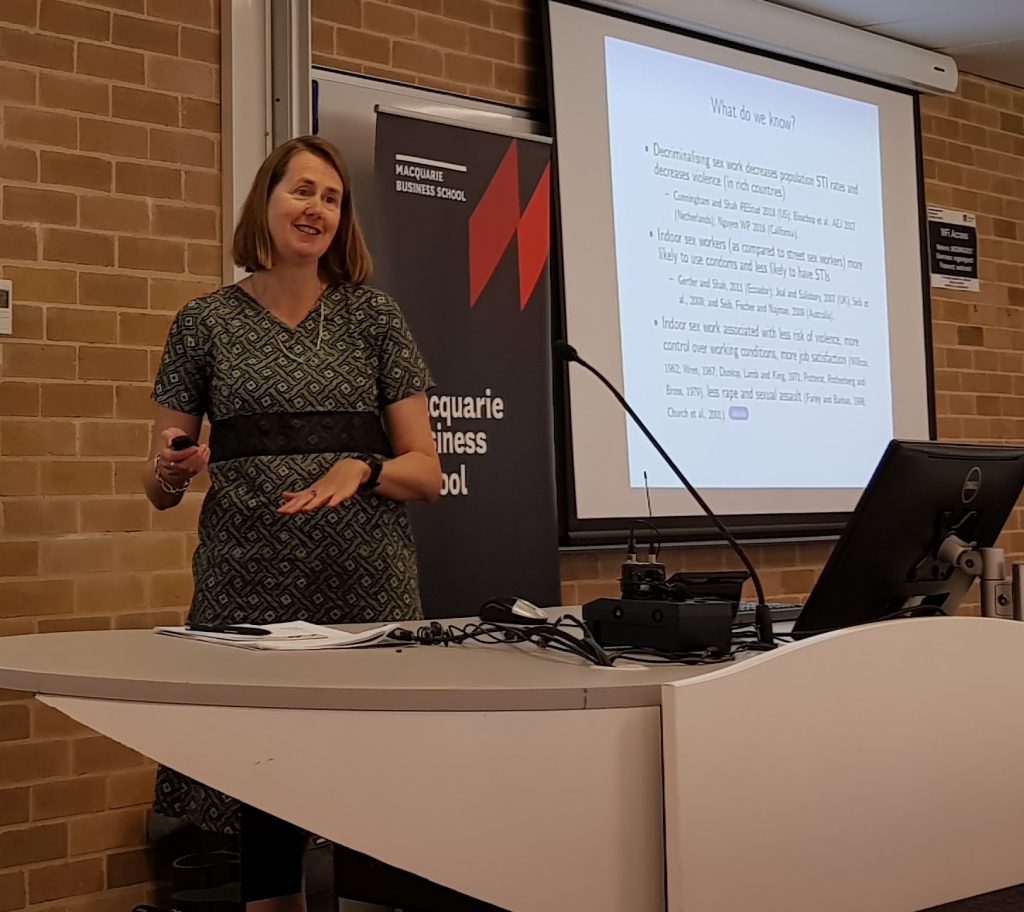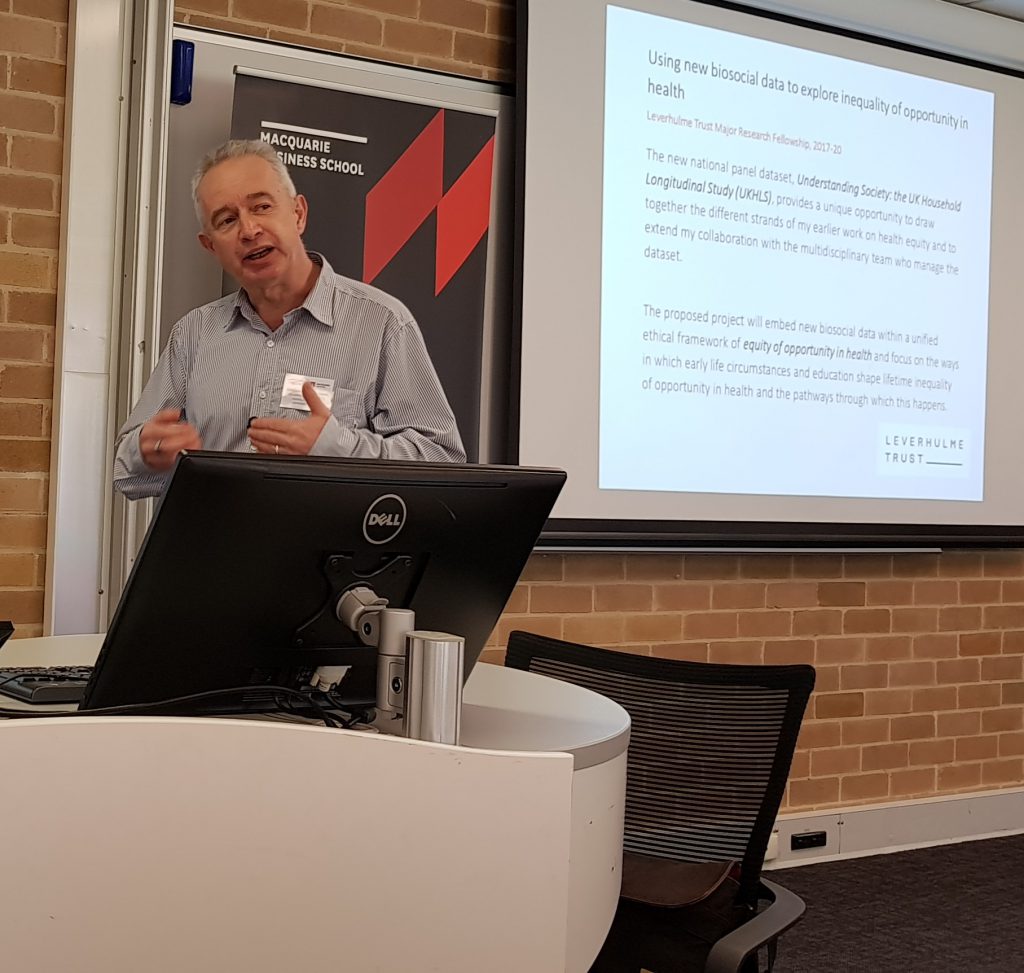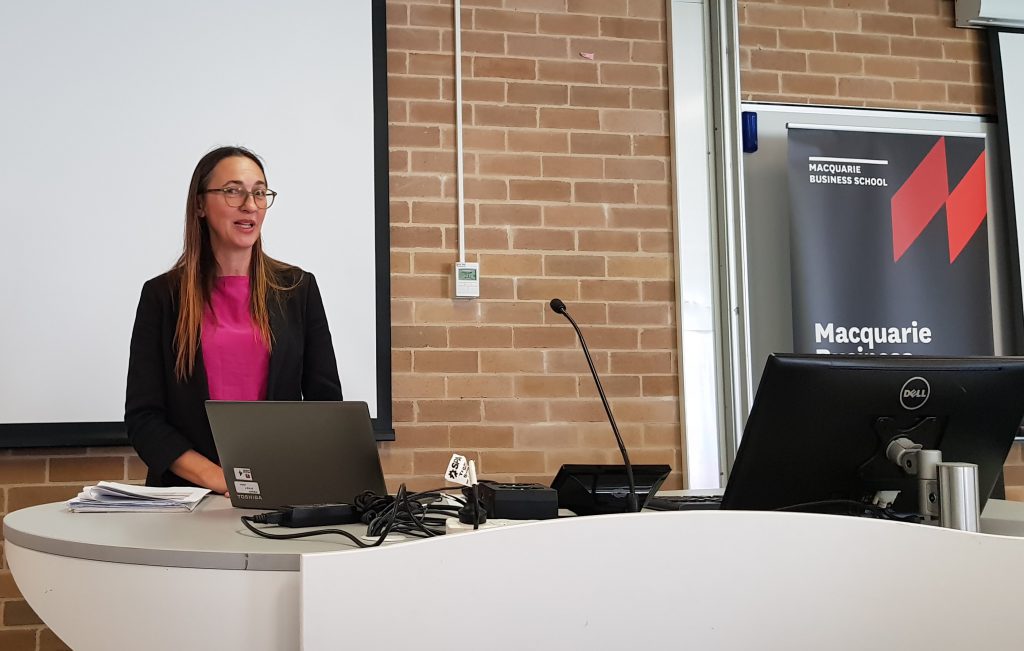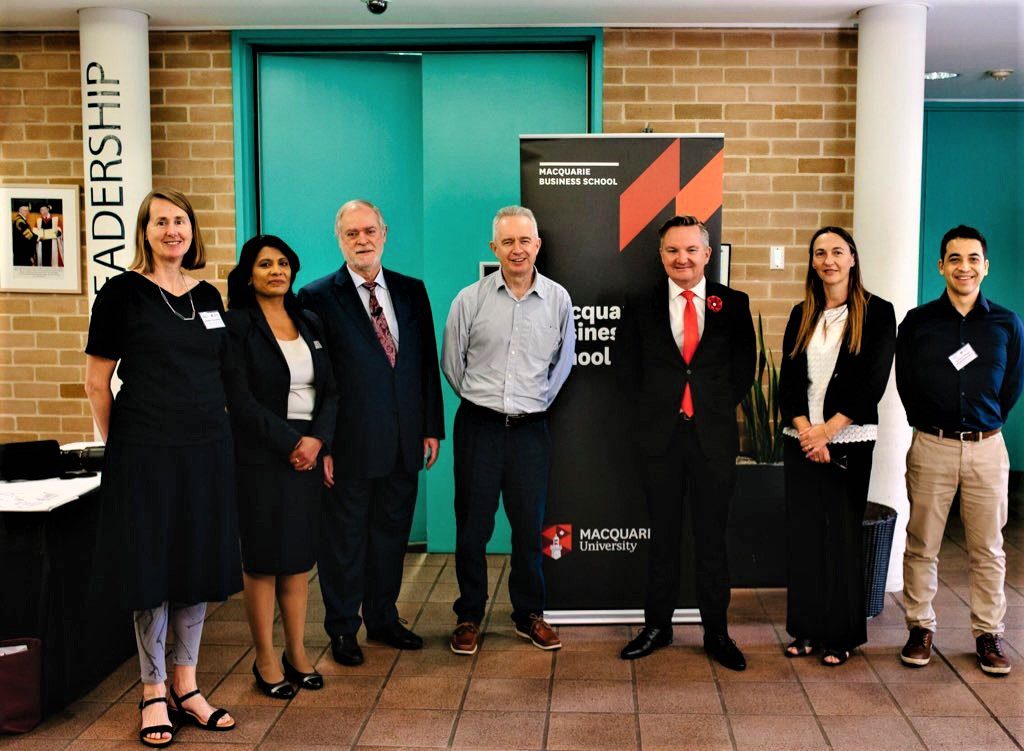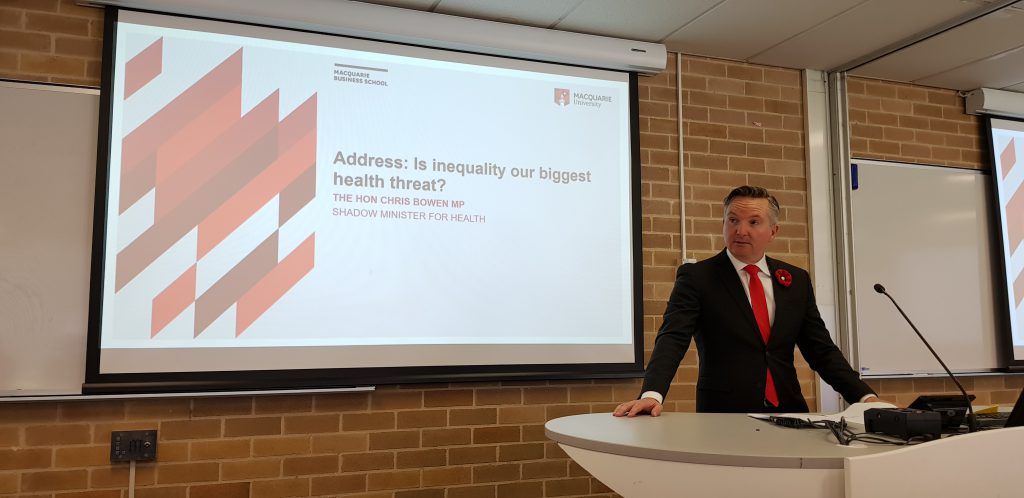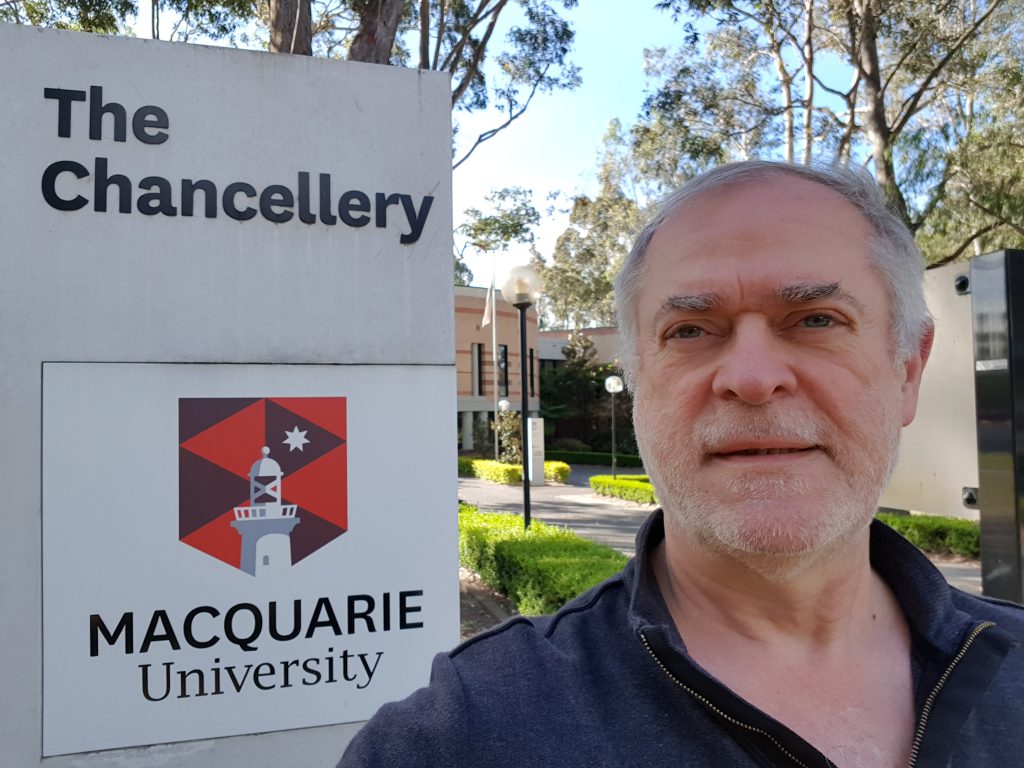Gender pay gaps are still of much concern, in particular in the United States. A paper published in the Journal of Population Economics adds to our understanding how the gender gap is shaped by multiple different forces such as parenthood, gender segregation, part-time work and unionization.
Read more in:
The gender pay gap in the USA: a matching study
Katie Meara, Francesco Pastore & Allan Webster
» Abstract » Full text HTML » Full text PDF READ LINK: https://rdcu.be/bXokf
OPEN ACCESS: Journal of Population Economics 33 (2020): 271–305
GLO Fellows Francesco Pastore & Allan Webster
The paper is also GLO Discussion Paper No. 363, 2019.
Author Abstract: This study examines the gender wage gap in the USA using two separate cross-sections from the Current Population Survey (CPS). The extensive literature on this subject includes wage decompositions that divide the gender wage gap into “explained” and “unexplained” components. One of the problems with this approach is the heterogeneity of the sample data. In order to address the difficulties of comparing like with like, this study uses a number of different matching techniques to obtain estimates of the gap. By controlling for a wide range of other influences, in effect, we estimate the direct effect of simply being female on wages. However, a number of other factors, such as parenthood, gender segregation, part-time working, and unionization, contribute to the gender wage gap. This means that it is not just the core “like for like” comparison between male and female wages that matters but also how gender wage differences interact with other influences. The literature has noted the existence of these interactions, but precise or systematic estimates of such effects remain scarce. The most innovative contribution of this study is to do that. Our findings imply that the idea of a single uniform gender pay gap is perhaps less useful than an understanding of how gender wages are shaped by multiple different forces.
Read also the Lead Article of issue 1 (2020):
Hate at first sight? Dynamic aspects of the electoral impact of migration: the case of Ukip
Eugenio Levi, Rama Dasi Mariani & Fabrizio Patriarca
» Abstract» Full text HTML» Full text PDF FREE READ LINK: https://rdcu.be/bXnWI
Journal of Population Economics, Vol. 33 (2020), Issue 1 (January), pp. 1-32.
GLO Fellows Eugenio Levi, Rama Dasi Mariani & Fabrizio Patriarca
Complete issue 1, read access to all articles.

Ends;

